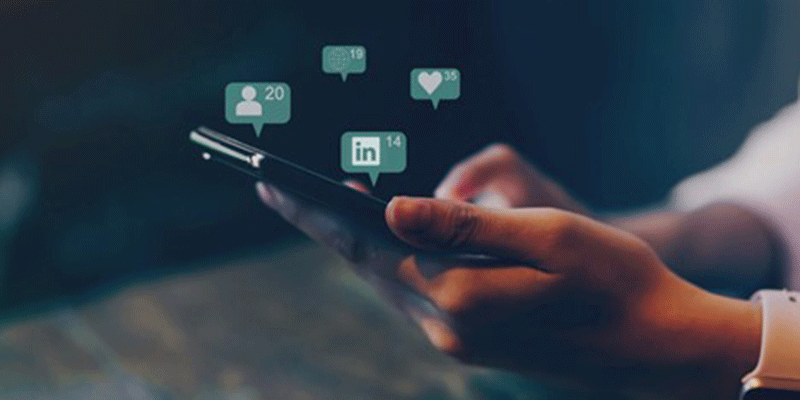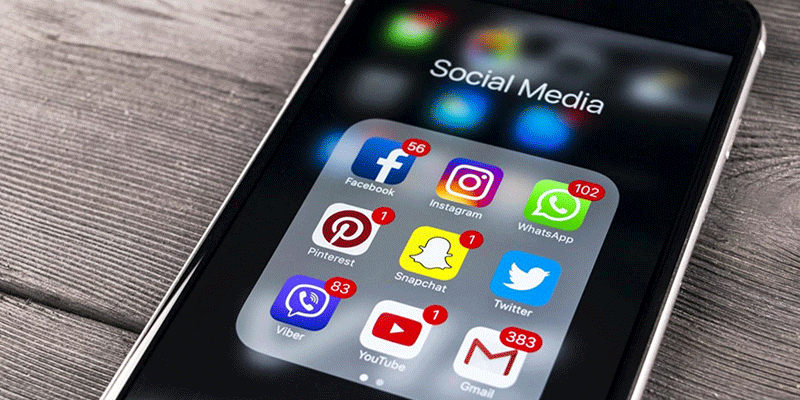Social media is a powerful tool that allows us to connect, share, and learn from others around the world. It has become an integral part of our daily lives, especially for students, who use it to keep up with friends, explore new interests, and even help with schoolwork. However, too much time on social media can lead to distractions, stress, and even affect your grades or mental well-being. Instead of completely avoiding it, learning to regulate and manage your time spent on social media can help you stay productive, focused, and balanced. This article will provide practical tips and hands-on solutions to help you make the most out of your social media usage while still prioritizing other important activities.
Why It’s Important to Regulate Your Social Media Time
Social media isn’t inherently bad; in fact, it has many benefits, such as providing a platform for
creativity, connection, and self-expression. However, spending too much time on these
platforms can have some downsides:
- Reduced Productivity: Too much scrolling or checking notifications can take away valuable time that could be used for studying, hobbies, or physical activities.
- Decreased Focus: Constantly switching between tasks and checking social media can make it harder to concentrate on important assignments or activities.
- Impact on Mental Health: Excessive use of social media has been linked to anxiety, stress, and sleep problems, especially when it disrupts daily routines or leads to negative comparisons with others.
- Physical Health Concerns: Spending long periods on social media can contribute to a sedentary lifestyle, affecting overall health and well-being.
By learning to manage your social media time, you can enjoy its benefits while avoiding
potential pitfalls.

Practical Tips to Manage Your Social Media Time Effectively
- Set Daily Time Limits
Use your phone or app settings to set daily time limits for social media usage. For example, you could allow yourself 30 minutes to an hour each day for social media. Many apps like Instagram, Facebook, and TikTok have built-in features to remind you when you've reached your limit.
Action Tip: Go to your phone settings and set a daily screen time limit for social media apps. Stick to these limits and review them weekly to assess whether they are helping you balance your time better.
- Create a Schedule or Routine
Decide on specific times during the day when you will check social media. For example, you could allow yourself 15 minutes in the morning and 15 minutes in the evening. This structured approach helps reduce impulsive checking and creates a healthy routine.
Action Tip: Use a planner or digital calendar to block out specific times for social media use. Stick to these time slots and avoid using social media outside of them.
- Turn Off Non-Essential Notifications
Constant notifications can pull your attention away from what you are doing. Consider turning off non-essential notifications to reduce the temptation to check your phone constantly.
Action Tip: Go to your app settings and turn off notifications for likes, comments, or friend requests. Keep only the essential notifications, like direct messages, if necessary.
- Use Apps and Tools to Help Manage Time
Several apps and tools, such as "Forest," "Stay Focused," or "Moment," can help you track and limit your time on social media. These apps encourage you to focus on tasks and help build healthy habits.
Action Tip: Download a time management app and set it to block social media during study sessions or important tasks.
- Set Clear Priorities and Goals
Determine what tasks or activities are most important to you. Prioritize these over social media use. This could include homework, exercise, reading, or spending time with family and friends.
Action Tip: Write down three goals you want to achieve each day or week. Make sure to complete these tasks before indulging in social media.
- Practice Mindfulness and Self-Reflection
Be mindful of how social media makes you feel. If you notice feelings of anxiety, stress, or distraction after using social media, it might be time to take a break.
Action Tip: Keep a journal to reflect on your social media usage. Write down how much time you spent and how it made you feel. Use this insight to adjust your habits.
- Use Social Media with Intention
Instead of mindlessly scrolling, use social media for specific purposes. For example, use it to catch up with friends, follow educational accounts, or participate in constructive discussions.
Action Tip: Before opening a social media app, ask yourself why you are using it and what you hope to accomplish. This can help you use it more intentionally.
- Designate “No Social Media” Zones or Times
Create specific zones or times where social media use is not allowed, such as during meals, before bedtime, or while studying. This helps create boundaries and prevents social media from intruding on other aspects of life.
Action Tip: Establish rules with yourself or your family, like no phones at the dinner table or one hour of screen-free time before bed.
- Engage in Offline Activities
Make time for offline activities that you enjoy, such as playing sports, reading a book, or hanging out with friends in person. This can help you disconnect and reduce the reliance on social media for entertainment.
Action Tip: List three activities you enjoy doing offline. Make it a goal to engage in at least one of these activities each day.
- Take Regular Breaks
Regular breaks from social media, such as a “digital detox” for a day or weekend, can help reset your habits and provide perspective on how much time you spend online.
Action Tip: Plan a social media-free day once a week and use that time to do something you love.
Finding the Balance: Embracing Social Media with Healthy Habits
Regulating your social media time doesn’t mean cutting it out completely. It’s about finding a
balance that allows you to enjoy the benefits of social media without letting it control your life. By
setting boundaries, using time management tools, and engaging in offline activities, you can
create a healthy relationship with social media that supports your goals and well-being.
Remember, social media is just one part of your life. With a little mindfulness and discipline, you
can make sure it remains a positive and beneficial part. Start with small changes today, and see
the difference it makes in your productivity, mood, and overall well-being.
